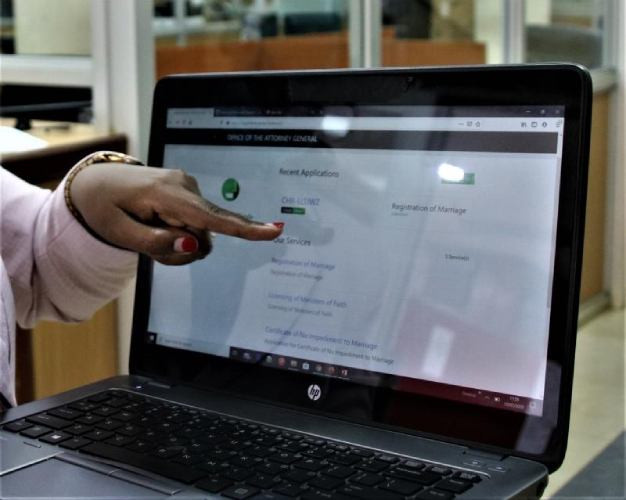×
The Standard e-Paper
Kenya’s Boldest Voice

Kenya this week suffered a cyber-attack affecting major government and private business systems, slowing down key services.
Individuals who tried to access the e-Citizen platform complained of serious delays as they tried to access services in the system.